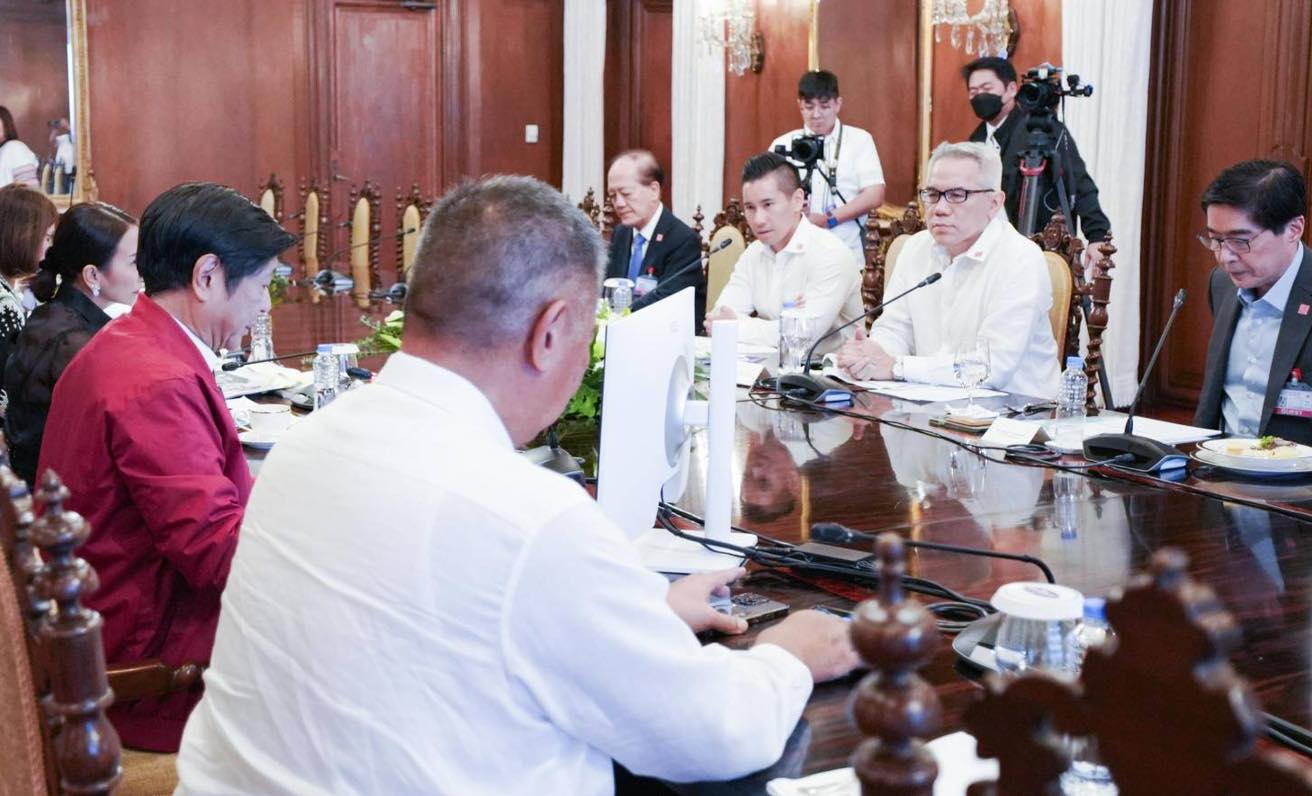Promote PH as educational tourism hub; ease visa processes — PSAC
At A Glance
- Aboitiz said this initiative would strengthen the education tourism sector in the country.
- Before the pandemic, the country hosted around 35,000 international students, primarily enrolled in medical-related courses.
The Private Sector Advisory Council (PSAC) believes the Philippines will become Asia-Pacific's leading educational tourism hub once it streamlines visa procedures.

PSAC lead convenor and Aboitiz Group President and CEO Sabin Aboitiz said this after President Marcos, on Aug. 24, directed the Department of Foreign Affairs (DFA) to simplify and standardize the application process for international students seeking to pursue their studies in the Philippines.
In a statement, Aboitiz said this initiative would strengthen the education tourism sector in the country.
"This concerted effort will help reinforce the Philippines' position as a leading educational tourism hub," he said.
"Ultimately, we aim to establish the Philippines as the preferred choice for academic excellence and a unique cultural experience," he added.
According to Aboitiz, this initiative requires a multifaceted approach, including partnerships, cultural promotion, and improved education quality, to attract and retain international students, scholars, and travelers seeking enriching experiences in the country.
Before the pandemic, the country hosted around 35,000 international students, primarily enrolled in medical-related courses.
"The Philippines attracted students due to the affordability of tuition and living costs, as well as the fact that English is the primary language of instruction and commerce," the PSAC said.
However, it added that challenges such as complex application requirements, delays in student visa processing, and a shortage of accredited clinics for medical certificates have posed hurdles for international students.
In response to these issues, President Marcos called for benchmarking the application process against other Southeast Asian nations, particularly implementing online application options akin to those in Singapore, Indonesia, Malaysia, and Thailand.
The President also advocated for the accreditation of additional clinics to expedite medical clearance and certificate requirements.
With an estimated 10 million students projected to study abroad by 2030, with an expenditure estimated at $433 billion, the PSAC said the Philippines is poised to become a prominent player in the global education sector.
The PSAC is a group established under the Marcos administration to help the government deliver on its commitment to transform the Philippine economy by bridging the public and private sectors. It is led by experts across six main sectoral groups: agriculture, digital infrastructure, jobs, health care, infrastructure, and tourism.